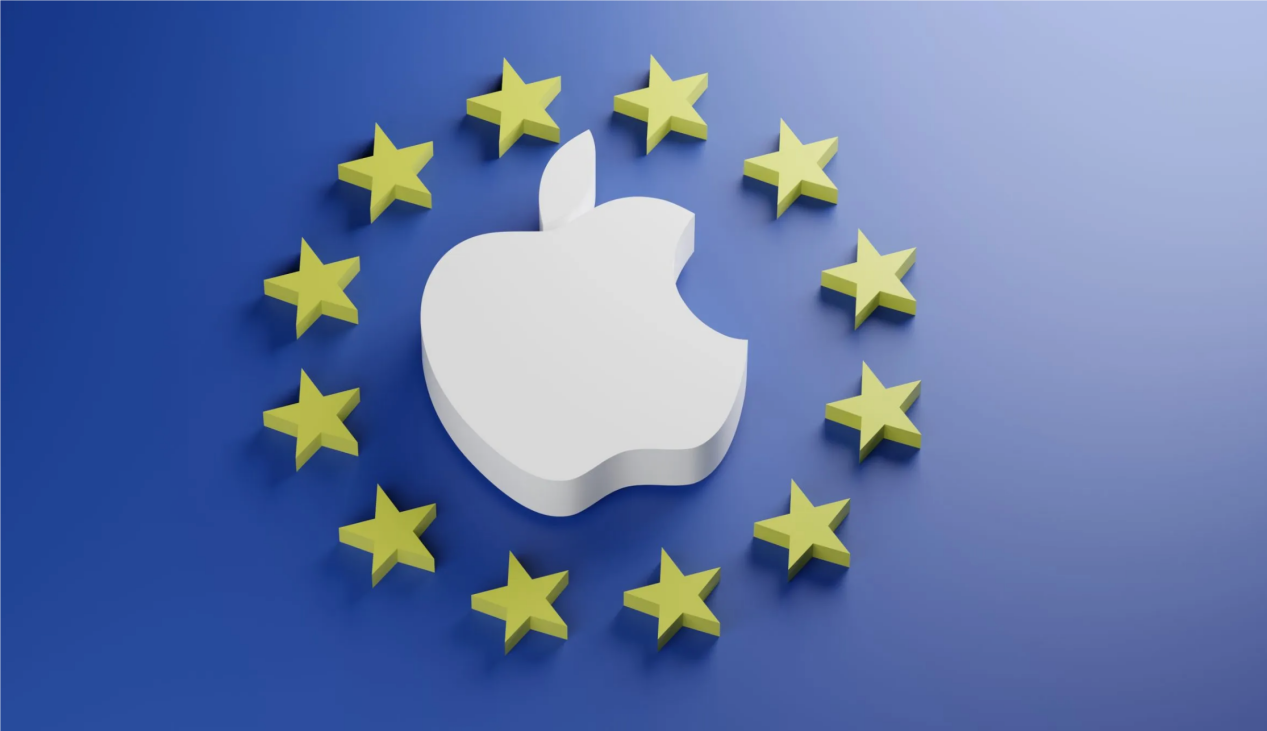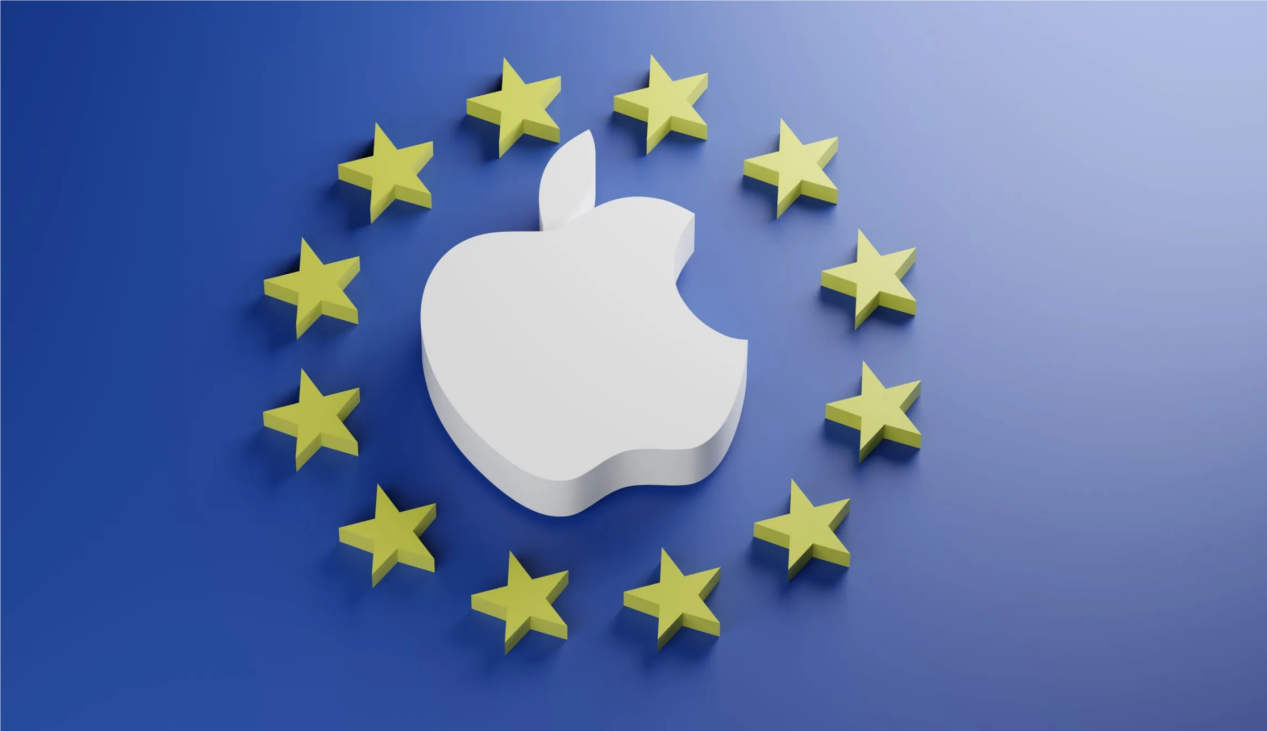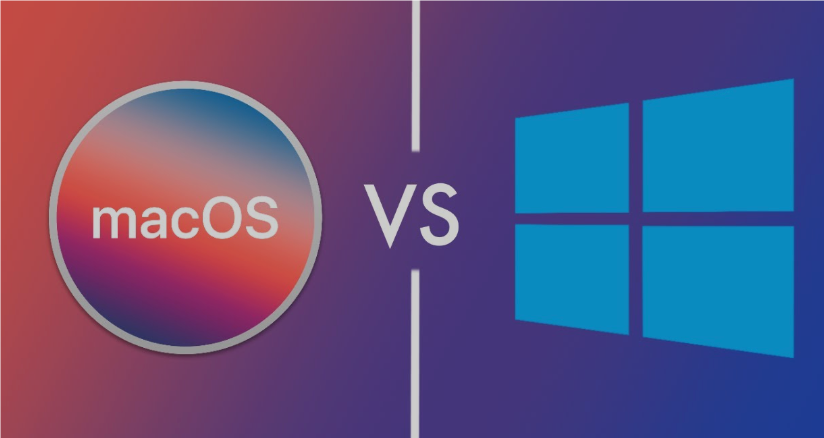As technology rapidly advances and the digital market thrives, ensuring fair competition and protecting consumer rights have become increasingly important. To address this challenge, the European Union (EU) introduced the Digital Markets Act (DMA), aimed at regulating and constraining the behavior of large digital platforms to maintain market fairness and openness.

What is the Digital Markets Act?
The Digital Markets Act is a regulation proposed by the EU in 2020 and officially adopted in 2022. This regulation focuses on the oversight of so-called "gatekeepers," which are large tech companies that hold dominant positions in the digital market and can control key platform services.
Main Objectives
The Digital Markets Act has several core objectives:
1. Promote Market Competition: Prevent large tech companies from abusing their market dominance by setting transparent rules to ensure fair market competition.
2. Protect Consumer Rights: Protect consumer choices and data privacy by restricting unfair platform behaviors.
3. Encourage Innovation: Create a fairer competitive environment for emerging businesses and stimulate market innovation.
Key Provisions
The Digital Markets Act includes a series of specific provisions targeting "gatekeepers." Some important clauses include:
- Interoperability Requirements: Gatekeepers must ensure their platforms are interoperable with other services and applications to prevent data monopolies.
- Data Sharing: Gatekeepers are prohibited from using business users' data for their own services without explicit consent.
- Fair Ranking: Gatekeepers must treat all business users on their platform fairly and not give undue advantages to their own products or services.
- Ad Transparency: Gatekeepers need to provide detailed ad performance data to advertisers to increase transparency and effectiveness.
Apple and the Digital Markets Act
As a leading global tech company, Apple plays a significant role in the implementation of the Digital Markets Act. Apple is considered a "gatekeeper" due to its dominant position in the digital market through its App Store, iOS operating system, and related services.
Impacts and Adjustments:
- App Store Policies: Under the DMA, Apple may need to adjust its App Store policies. For instance, Apple might be required to allow third-party payment systems, reducing reliance on Apple's payment system. This means developers will have more options and potentially lower fees.
- Data Privacy and Sharing: Apple must ensure transparency in the use of user data and not use data for its services without user consent. Additionally, Apple needs to provide interoperability with other applications, increasing competitors' chances on the iOS platform.
- App Ranking: Apple must ensure fair ranking of apps in the App Store, not giving undue advantages to its apps. This will create a fairer competitive environment for developers.
Enforcement and Penalties
The European Commission is responsible for enforcing and supervising the Digital Markets Act. If gatekeepers violate the regulations, they could face fines of up to 10% of their global annual revenue. For repeated violations, fines can increase further, and companies may even be required to undergo structural adjustments or business divestitures.
Challenges and Impact
The implementation of the Digital Markets Act will have profound impacts on the global digital market. Large tech companies like Apple will face stricter regulatory requirements and need to adjust their business models and operational strategies. However, the DMA's implementation also presents challenges. Questions about how to define and identify gatekeepers, ensure effective enforcement, and balance regulation and innovation need further exploration and resolution.
Conclusion
The Digital Markets Act represents a significant step forward in the EU's regulation of the digital economy. By formulating and implementing this regulation, the EU aims to create a fairer, more open, and innovative digital market environment. As the DMA is gradually implemented, we can expect a more transparent, fair, and dynamic digital market in the future.



















